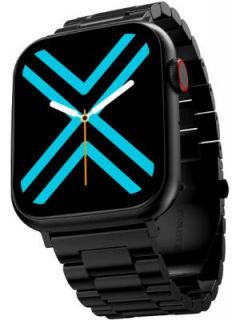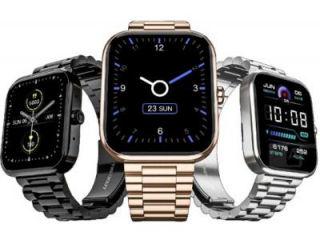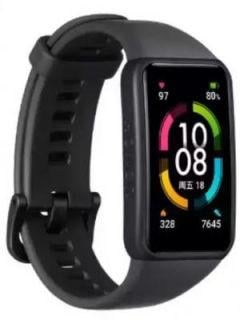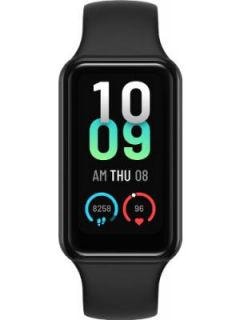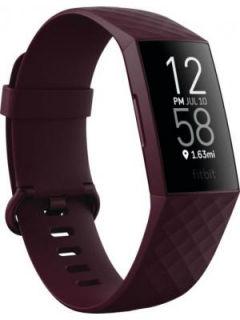Apple losing wireless earbuds market share even as AirPods sales grow
More affordable alternatives from Chinese rivals, however, have eroded Apple’s lead and the Silicon Valley company now finds itself with just over a third of the market.

Apple will likely boost sales of its AirPods range by a third this year, but that won't stop it from losing its dominant grip on the fast-growing wireless earbuds market.
The AirPods have come to define the true wireless (TWS) earphones category, with Apple accounting for nearly half of all sales in 2019 and expected to grow to 82 million units this year, according to Counterpoint Research data.
More affordable alternatives from Chinese rivals, however, have eroded Apple's lead and the Silicon Valley company now finds itself with just over a third of the market, at 35%, followed by Xiaomi with 10% and Samsung Electronics on 6%, according to the researchers.
A growing contingent of specialised Chinese brands has emerged on the scene, with models such as the $90 Lypertek Tevi offering abetter fit and sound quality than AirPods at a lower price and the 1More True Wireless ANC outperforming the $250 AirPods Pro's noise-canceling at $180.
Samsung's newly released Galaxy Buds Live also feature noise-canceling along with a pretty, bean-shaped design and cost $170. The South Korean company says it has shipped 300,000 pairs of the Buds Live in their first few weeks of availability, though part of those have been bundled with the Galaxy Note 20 flagship phone.
For Android smartphone users, many of the iPhone-related AirPods advantages are lost, leading to price and feature sets being the key purchase drivers.
“The low-to-mid end segment including Chinese brands and US makers such as JLab is taking away share from the premium market,” said Counterpoint analyst Liz Lee. Competition between Samsung and Apple is likely to intensify in the latter half of the year, as positive reviews of the Buds Live and increased investment from Samsung are expected to close the gap between the two, she added. “We believe that Samsung can attract more users, especially Android phone users, if it provides a wider selection of TWS devices from mid to high-end with at least two or three variations.”
As Samsung expanded its earphones lineup, it's projected to more than double its TWS sales this year, growing from 8 million to 17 million, while Apple's AirPods family is forecast to go from 61 million to 82 million. Samsung, which took inspiration for the Buds Live design from the Hollywood movie “Her,” will keep expanding its range in line with evolving trends, lead wearables designer Bang Yongseok told Bloomberg News.
Established personal audio brands like Sennheiser, Beyerdynamic and Audio-Technica barely registered in the latest market data, with Counterpoint researchers identifying them as competing in the premium segment and holding 0.3% share or less.
Catch all the Latest Tech News, Mobile News, Laptop News, Gaming news, Wearables News , How To News, also keep up with us on Whatsapp channel,Twitter, Facebook, Google News, and Instagram. For our latest videos, subscribe to our YouTube channel.



